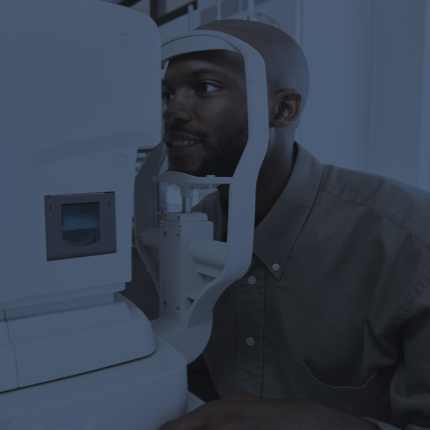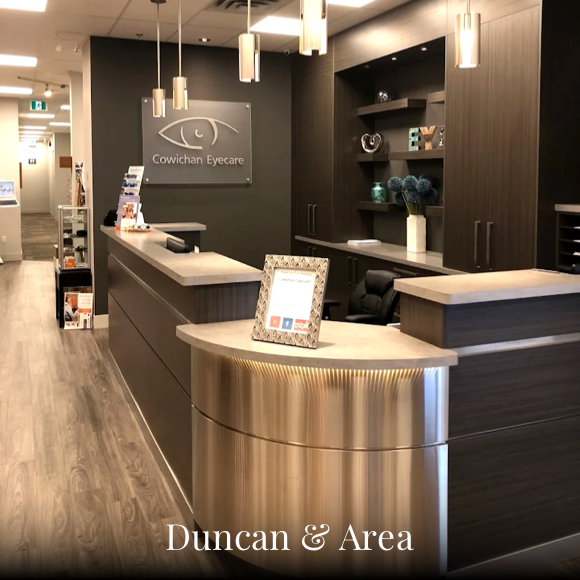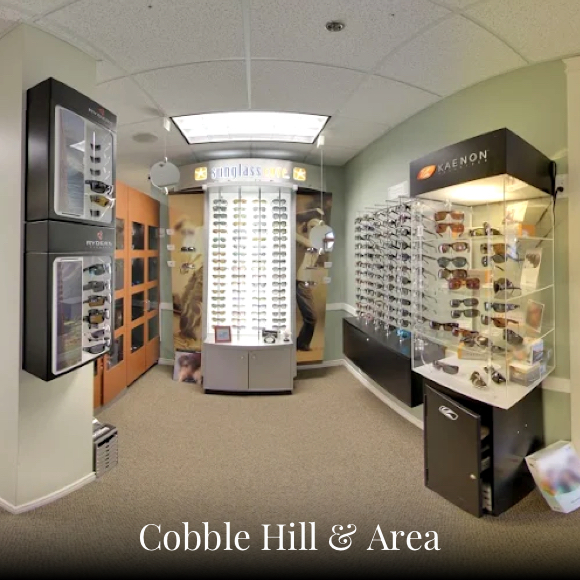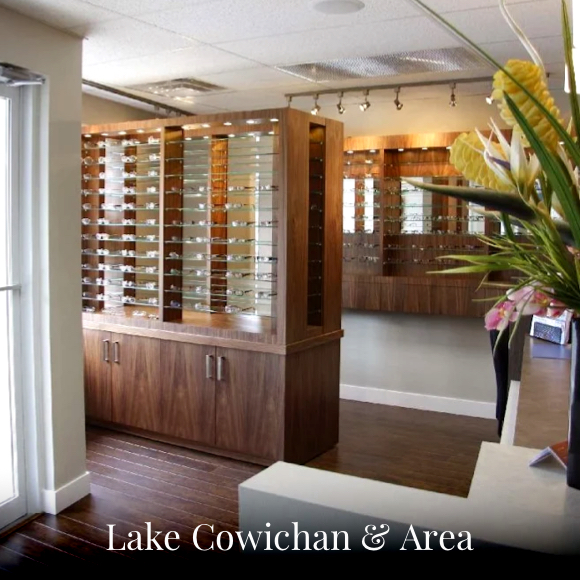Laser eye surgery benefits many people, helping them lower their reliance on glasses and contacts. While this surgery is safe, and millions receive it each year, it’s common to be worried and nervous.
You may even wonder if your doctor can anesthetize (put you to sleep) during the procedure. It can seem helpful, but anesthesia isn’t as helpful as you think.
It may not be worth being put to sleep for laser eye surgery—your eye doctor needs your focus and attention during the procedure.
What Is Laser Eye Surgery?
Laser eye surgery, also known as refractive surgery, is a procedure to improve your vision. Many people assume laser eye surgery only refers to LASIK, the most popular laser surgery, but there are many surgeries available today, including:
Because these are surgical procedures, can you be put to sleep like traditional surgeries?
Can You Be Put to Sleep for Laser Eye Surgery?
Many patients receiving laser eye surgery are awake for the procedure. This idea can seem scary or nerve-wracking, but laser eye surgery is usually completed in 30 minutes or less, with the actual laser reshaping taking less than a minute.
Does Laser Eye Surgery Hurt?
Another common cause of anxiety is the idea that laser eye surgery hurts. However, laser eye surgery is typically painless.
While you are awake during surgery, you aren’t without medication. Your surgeon will administer anesthetic eye drops to help improve your comfort.
These drops are ideal because they lower the cost of surgery compared to anesthesia. Additionally, being put completely under is riskier than anesthetic eye drops. Speak with your eye doctor if you’re nervous about your surgery, and they may be able to offer additional medication to calm your nerves.
What Can You Expect During Laser Eye Surgery?
Each laser eye surgery is different, but the process is similar. After accessing the cornea’s inner layers, your surgeon uses a specialized laser to improve your vision.
LASIK is one of the most common laser eye surgeries, and you can expect the following before, during, and after treatment.
Before Surgery
Before surgery, your eye doctor needs to determine your eligibility. They’ll complete a comprehensive eye exam where they evaluate your eyes, discuss your vision needs, and explain the details of your surgery.
Expect to speak about:
- Your past & current medical conditions
- Medications you currently take, prescription or not
- What to expect before, during, & after your procedure
- The risks & benefits of surgery
- Whether or not you’re a good candidate
If you’re eligible for surgery, your eye doctor will continue the surgical process, booking your surgery and explaining how to prepare.
One of the most important things to prepare is your way to and from surgery. You may not be fit to drive after your procedure, so ensure you have a friend, relative, or another way to get home safely.
During Surgery
Your procedure is generally quick, lasting up to 30 minutes. During surgery, you lay down on your back, and your surgeon prepares your eye for treatment. While you don’t get fully put to sleep, you receive numbing eye drops to help keep you relaxed and comfortable.
The surgery is simple—your surgeon will cut a flap into the cornea and fold it back to access its inner layers. Afterward, they’ll ask you to stare at a laser positioned above you.
Looking at this laser helps keep your eye focused in one position. Your surgeon then removes precise amounts of corneal tissue to improve your vision.
Once they have reshaped the cornea, your surgeon will place the created flap back in its original position, where it heals without stitches.
After Surgery
You may experience several side effects after surgery, including:
- Discomfort
- A burning or itching sensation
- Blurry vision
- Watery eyes
These side effects are common and will resolve with time. Your eye doctor will provide aftercare instructions to ensure you heal well. You’ll have several follow-up appointments with your eye doctor to monitor your recovery and address any questions or concerns you may have.
Improve Your Vision & Reduce Your Reliance on Eyewear
Laser eye surgery can help you enjoy clearer vision without needing glasses or contacts. Your eye doctor can help with referring you for surgery. We offer complete care for your eye health and vision. Contact Cowichan Eyecare if you’re interested in laser eye surgery consultation.



















